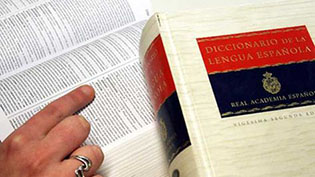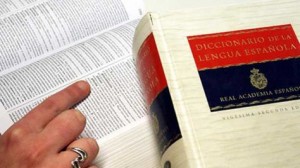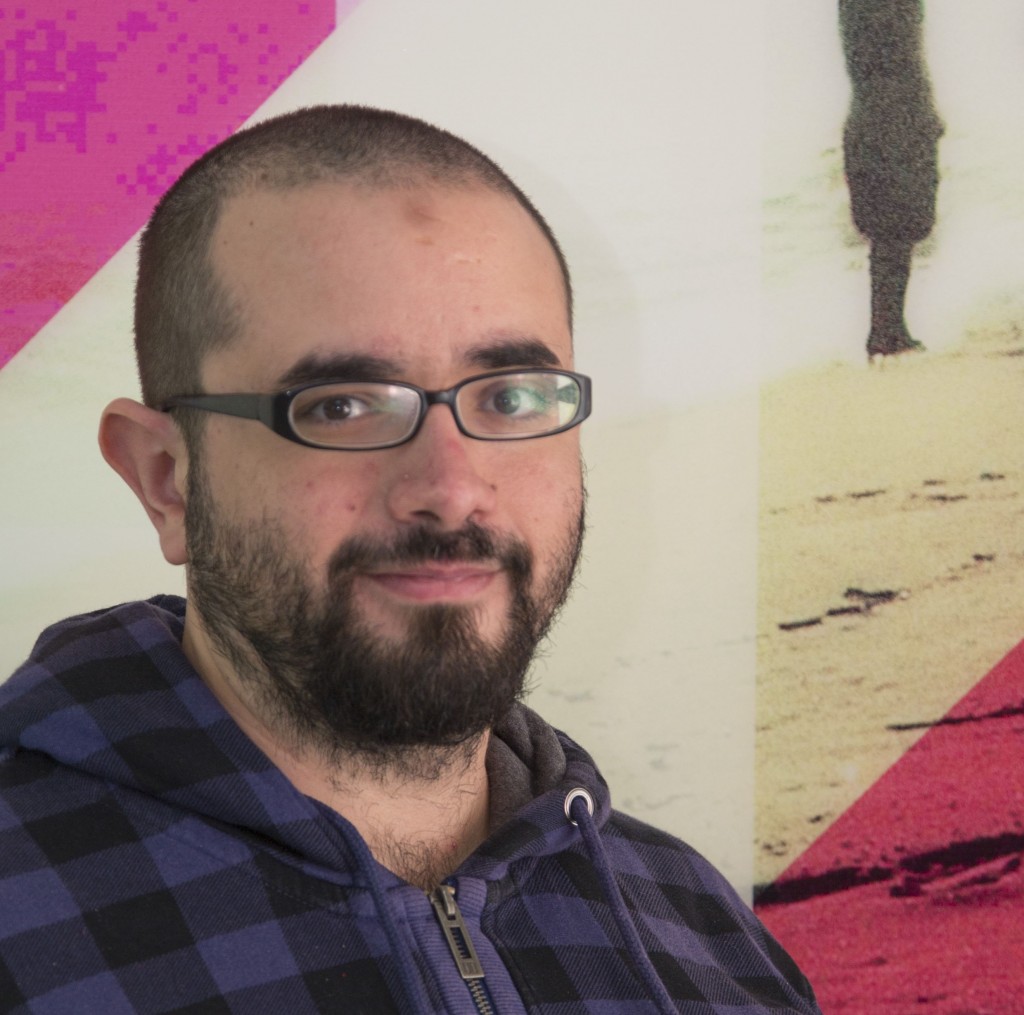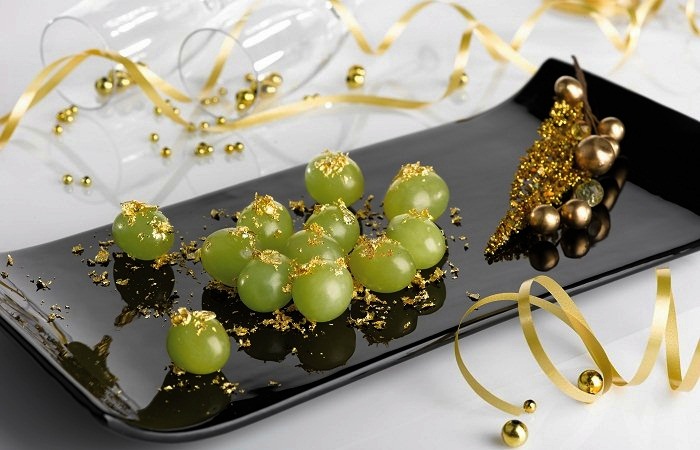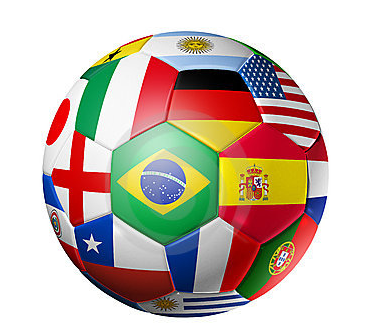Inca volvió a convertirse el pasado jueves, 13 de noviembre, en la capital de Mallorca por un día. Como cada año, autóctonos, visitantes y vecinos de la localidad se dieron cita en la que se considera la feria más célebre y multitudinaria de la isla: El Dijous Bo. Una feria cuyos orígenes se remontan al siglo XIV y que ha sabido mantener su carácter artesanal, ganadero y alimentario. Con una gran presencia de la tradición mallorquina, es difícil pasear por la feria sin llevarse a la boca un bocado de sobrasada mallorquina, una rodaja de butifarrón, un pedazo de coca de trampó o un surtido de deliciosos dulces mallorquines. Hay quien opta por llevarse a casa un queso de Mahón, un bote de aceitunas aliñadas o quien aprovecha para hacer regalos en forma de artesanía: zapatos, tejidos, pinturas, decoraciones de barro, de madera de olivo, cestas de esparto, etc.
El Dijous Bo es, además, un auténtico festival de olores: barbacoa de longaniza y butifarrón, pólvora del correfocs, inagotables plantas que ocupan la plaza de España, setas recién cortadas, cueros o aromas de té que se perciben desde jaimas marroquíes.
Melodías de xeremíes y flabiol a ritmo de tamboril, cascabeles que marcan el paso de los diables, altavoces improvisados en las calles, DJ’s, algarabía, música en los bares, en las plazas…
Pero si este año pudimos vivir un Dijous Bo pletórico y abundante fue gracias al buen tiempo, que nos dejó disfrutar de este día tan especial y tan esperado por todos los inqueros. Un Dijous Bo que muestra su cara más amable a niños, jóvenes, mayores, locales y forasteros, y que permite a todos los participantes disfrutar de unos días de diversión y convivencia con gruesas pinceladas de tradición y cultura mallorquinas.
¡Ven! ¡Te esperamos!
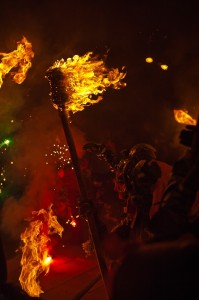
The Dijous bo in Inca
Inca became again last Thursday, 13 November, in the capital of Mallorca just for one day. As every year, natives, visitors and locals of the town gathered what is considered in the most famous and crowed fair of the island: The Dijous bo. A fair, whose origins date back to the fourteen century and has retained its craft, livestock and food character. With a large presence of the Majorcan tradition, it is difficult walk around the fair without mouthing a bite of Majorcan sobrasada (Majorcan sausage) a slice of butifarrón, a piece of trampó coca or an assortment of delicious Majorcan sweeties. Some people choose to take home cheese from Mahón (Menorca) a jar of marinated olives or who choose to make craft presents: shoes, fabrics, paints, clay decorations, olive wood decorations, baskets, etc.
Dijous bo is also, an authentic festival of smells: barbecue of longaniza and butifarrón (Majorcan sausages), corrafoc (fire parade) gunpowder, inexhaustible plants that occupy the square of Spain, freshly sliced mushrooms, leather or tea aroma perceived from Maroccan tends.
Melodies of xeremíes and flabiol (Majorcan instruments) with rhythm of drums, bells that mark the passage of devils (customs) improvised speakers in the streets, DJ’s, music in bars, in squares…
However this year we could spend a great and crowded Dijous bo thanks to good weather that let us to enjoy this day so special and so expected by all the Inqueros (locals of Inca)A Dijous bo showing its kindest side to children, youngsters, adults, natives and foreigners, and that permits to enjoy to all participants with some days of leisure with thick brushstrokes of tradition and Majorcan culture.
Come! See you there!
 Just for today we left the sunny Mallorca and we went to the green Scotland, we wanted to know about Mark, who was a former DILO learn Spanish student during the 2014’ summer. Mark is 24 and he is in his last year in the Art College of Edinburgh. We wanted to remember that summer, what memories he had, and what pieces of experience are still stuck in his mind, as well as knowing about his Spanish, how this progresses.
Just for today we left the sunny Mallorca and we went to the green Scotland, we wanted to know about Mark, who was a former DILO learn Spanish student during the 2014’ summer. Mark is 24 and he is in his last year in the Art College of Edinburgh. We wanted to remember that summer, what memories he had, and what pieces of experience are still stuck in his mind, as well as knowing about his Spanish, how this progresses.

